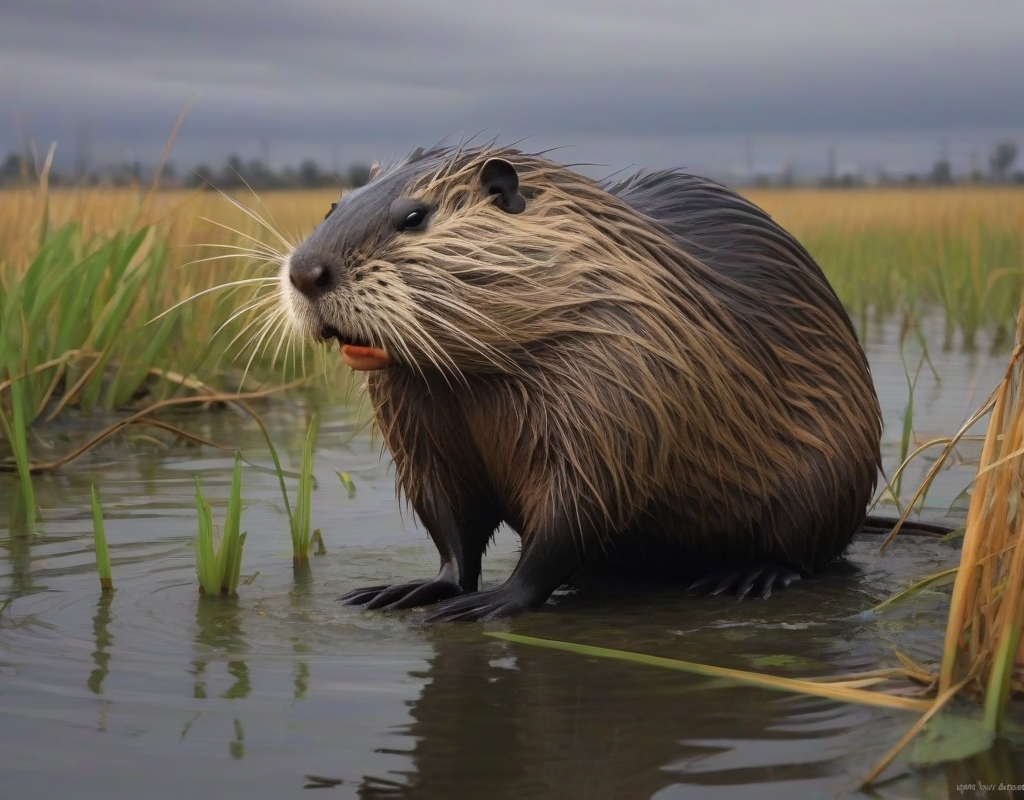California is facing a serious environmental challenge with the arrival of an invasive rodent species known as the Nutria. These creatures, which can grow as long as 3 feet and are easily identifiable by their striking orange teeth, have recently been spotted in the Bay Area and have made their way to the Sacramento-San Joaquin River Delta in Contra Costa County. This area is vital as a major water source for the state, highlighting the potential danger these rodents pose to both human and wildlife populations.
Originating from South America, the Nutria were imported to the United States in 1889 for the fur trade. Since then, they have become one of the top invasive species in the country due to their prolific breeding and destructive habits.
Nutria are known carriers of various parasites and tapeworms, which pose a risk of contaminating water supplies through their waste. This contamination threatens not only human health but also that of domestic animals.
Beyond health risks, Nutria wreak havoc on the environment. They consume vast amounts of native vegetation, crops, and disrupt wetlands. Their activities can undermine the structural integrity of levees, leading to potentially disastrous breaches.
The California Department of Fish and Wildlife is actively working to prevent these rodents from breeding and causing irreversible damage in the delta area. Officials stress the importance of this issue, citing significant potential threats to the local economy and natural habitats.
Local residents near the Bay Area are encouraged to participate by reporting any sightings of Nutria. This community involvement is crucial as the state mobilizes efforts to control this invasive threat and protect its ecological balance.
Peter Tira, spokesperson for the California Department of Fish and Wildlife, has emphasized the critical nature of the situation, warning of the severe economic and environmental consequences if the Nutria population is not controlled. Maintaining vigilance and reporting any observations of these rodents is a step citizens can take to assist in protecting California’s diverse ecosystems.




